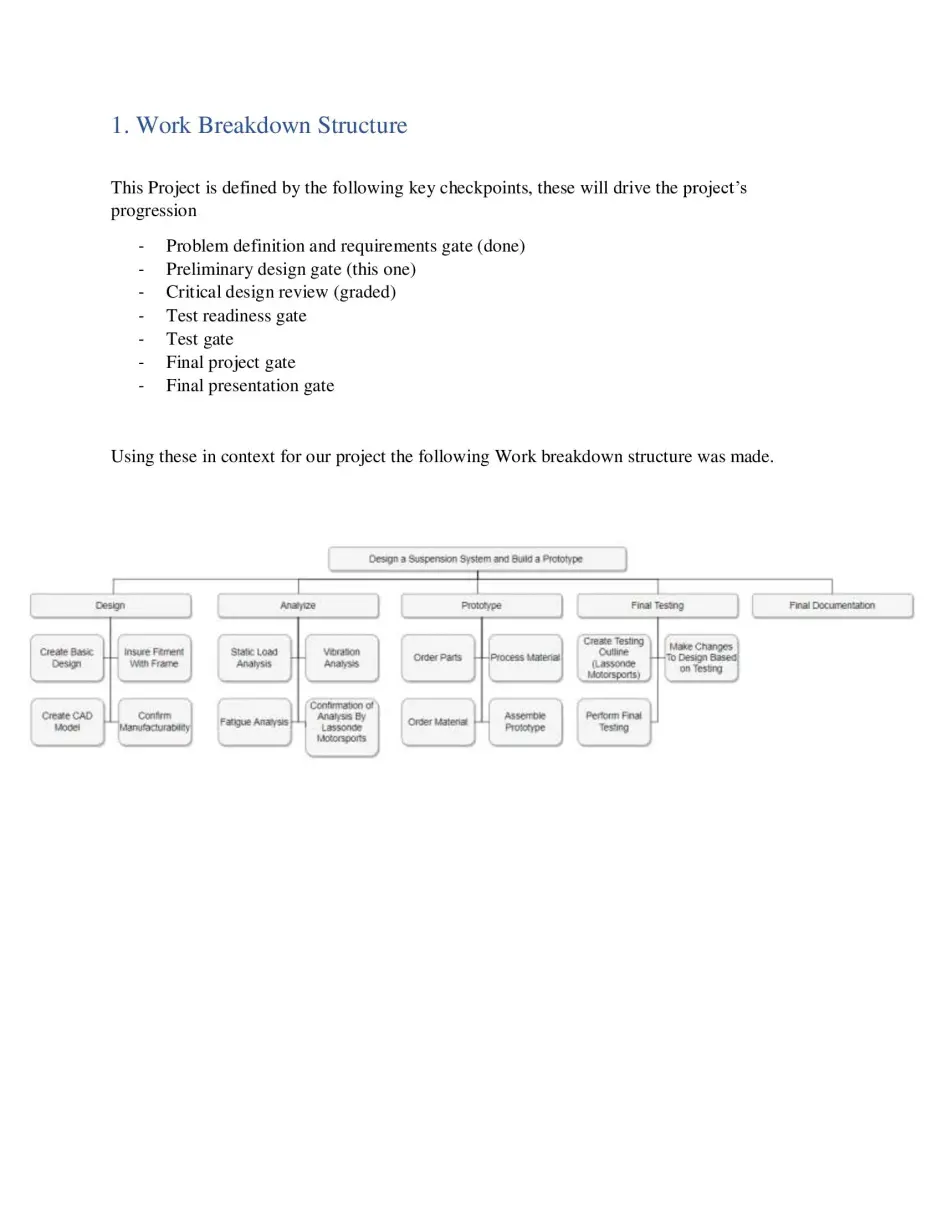Understanding What Does Defaulting a Loan Mean: Implications and Consequences for Borrowers
#### What Does Defaulting a Loan MeanDefaulting on a loan is a term that signifies a borrower’s failure to meet the legal obligations or conditions of a loa……
#### What Does Defaulting a Loan Mean
Defaulting on a loan is a term that signifies a borrower’s failure to meet the legal obligations or conditions of a loan agreement. This typically occurs when payments are not made on time, leading to significant repercussions for the borrower. Understanding this concept is crucial for anyone considering taking out a loan, whether it be for a mortgage, personal loan, or student loan.
#### The Definition of Default
When we talk about defaulting on a loan, we are referring to the inability to repay borrowed money as stipulated in the loan agreement. This can happen for various reasons, including financial hardship, loss of income, or unexpected expenses. Defaulting can lead to serious consequences, including damage to one’s credit score, legal actions, and in some cases, loss of collateral if the loan is secured.
#### Types of Default

Defaulting on a loan can be categorized into two main types: technical default and actual default. A technical default occurs when a borrower violates specific terms of the loan agreement, such as failing to maintain insurance on a property. An actual default happens when the borrower fails to make the required payments on the loan. Understanding these distinctions is important for borrowers to recognize the severity of their situation.
#### Consequences of Defaulting
The consequences of defaulting on a loan are far-reaching. First and foremost, the borrower’s credit score will likely take a significant hit, which can affect their ability to secure future loans, rent an apartment, or even get a job in some cases. Additionally, lenders may initiate collection actions, which can include hiring a collection agency or pursuing legal action to recover the owed amount.
In the case of secured loans, such as mortgages or auto loans, defaulting can lead to foreclosure or repossession. This means that the lender has the right to take back the property or asset used as collateral for the loan. This not only results in the loss of the asset but can also further damage the borrower’s credit and financial standing.

#### How to Avoid Defaulting
To avoid defaulting on a loan, borrowers should take proactive steps. This includes creating a budget that prioritizes loan payments, communicating with lenders about any financial difficulties, and exploring options for loan modification or deferment if necessary. It’s also wise to consider taking financial literacy courses to better understand loan agreements and manage finances effectively.
#### Seeking Help After Default
If a borrower finds themselves in a situation where they have defaulted, it’s essential to take action quickly. Contacting the lender to discuss the situation can sometimes lead to a resolution, such as a payment plan or loan modification. Additionally, seeking help from financial advisors or credit counseling services can provide guidance on how to navigate the aftermath of defaulting on a loan.

#### Conclusion
In conclusion, understanding what does defaulting a loan mean is vital for anyone who is considering borrowing money. The implications and consequences of defaulting can be severe, affecting not only one’s credit score but also their overall financial health. By being informed and proactive, borrowers can take steps to avoid defaulting and protect their financial future.